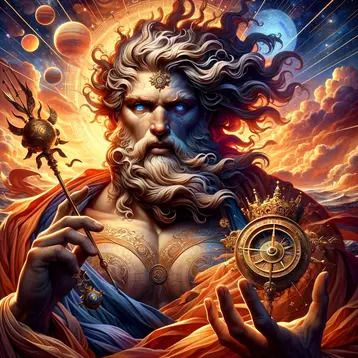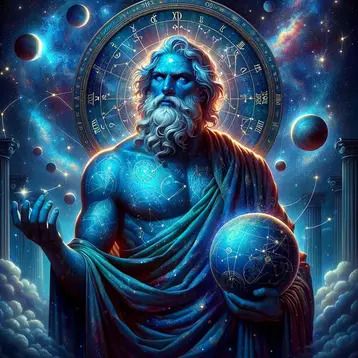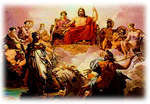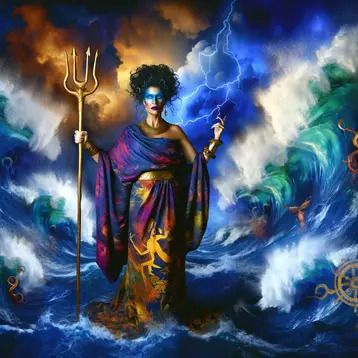
Astraeus
Astraeus was a Titan god in Greek mythology, son of the Titans Crius and Eurybia. He was the god of the dusk and the winds. Astraeus was married to Eos, goddess of the dawn, and created numerous children, including the four Anemoi (winds) and the five Astra Planeta (wandering stars or planets).
Astraeus Q&A
Link/Cite Astraeus Page
You can freely use the content on this page for non-commercial reasons (homework, lessons, school essays or
college projects, free online courses) as long as you
cite this page as the source.
Written by: The Editors of GreekMythology.com. GreekMythology.com editors write, review and revise subject areas in which they have extensive knowledge based on their working experience or advanced studies.
For MLA style citation use: GreekMythology.com, The Editors of Website. "Astraeus". GreekMythology.com Website, 12 Oct. 2021, https://www.greekmythology.com/Titans/Astraeus/astraeus.html. Accessed 26 April 2024.



